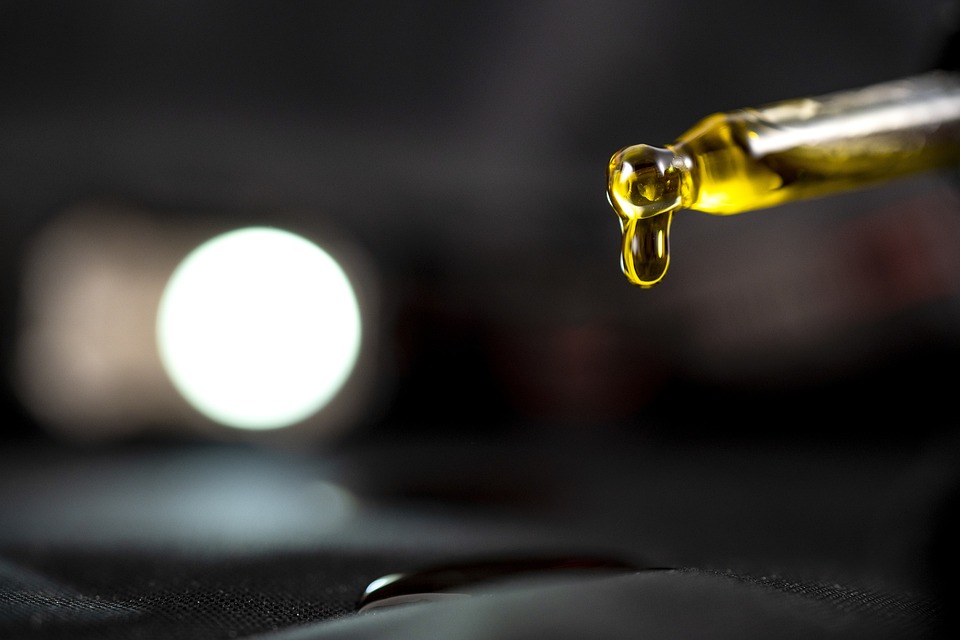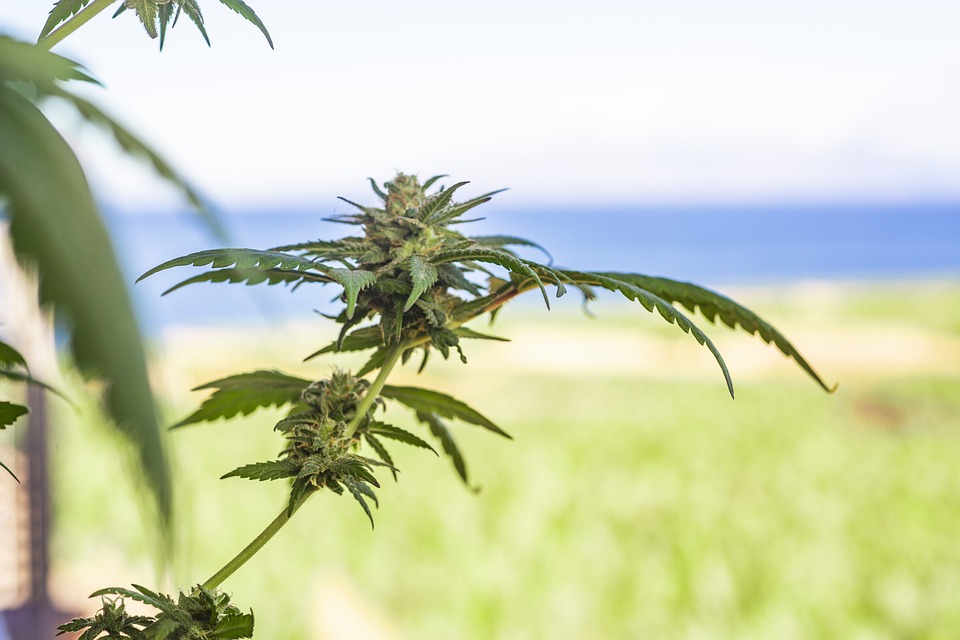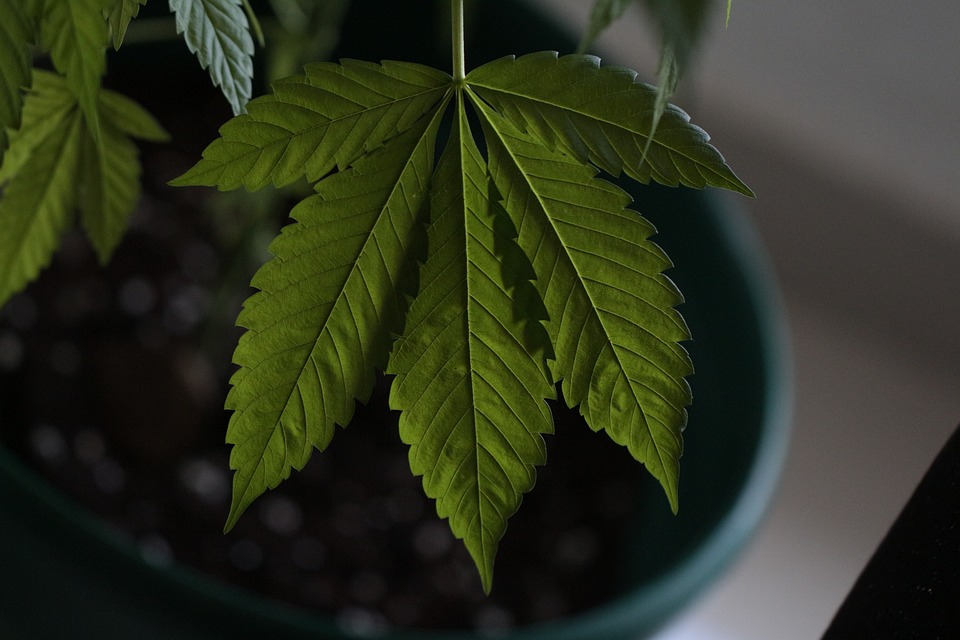In a significant step towards reforming the country’s drug laws, a new bill introduced in the US House of Representatives aims to decriminalize cannabis at the federal level. The bill, titled the Marijuana Opportunity Reinvestment and Expungung (MORE) Act, was introduced by Democratic Representative Jerrold Nadler of New York and co-sponsored by 105 other members of Congress.
If passed, the bill would effectively remove cannabis from the federal controlled substances list, allowing states to regulate the plant as they see fit without fear of federal intervention. This move would bring the federal government in line with the growing number of states that have already legalized cannabis for recreational or medical use.
The MORE Act would also go a step further by providing relief to those impacted by cannabis criminalization. The bill would require the US attorney general to expunge or re-sentence certain federal convictions related to cannabis possession, use, or distribution. This provision aims to help correct the injustices of the past, particularly in communities of color that have been disproportionately affected by cannabis criminalization.
“Far too many individuals have suffered unjustly as a result of outdated and harmful marijuana laws,” said Representative Nadler in a statement. “It’s time for us to modernize our drug policies and allow states to set their own regulations, rather than imposing a one-size-fits-all approach from Washington.”
The MORE Act also includes provisions to address the ongoing issue of racial disparities in cannabis enforcement. The bill would allocate funds to community programs aimed at reducing marijuana use and improving education and job opportunities in communities affected by the War on Drugs.
The introduction of the MORE Act comes as cannabis legalization is gaining momentum across the country. A recent poll by the Pew Research Center found that 61% of Americans support legalizing marijuana, up from 31% in 2000. Meanwhile, several states have legalized cannabis for recreational use in recent years, including Illinois, Michigan, and Virginia.
The move towards decriminalization is also being driven by a growing recognition of the medical benefits of cannabis. Studies have shown that cannabis can be an effective treatment for chronic pain, epilepsy, and other conditions, leading many states to legalize its use for medicinal purposes.
However, the bill’s passage is far from certain. While a majority of House members have co-sponsored the MORE Act, the legislation still needs to clear several hurdles before it can become law. The bill will need to pass the full House and then the Senate, where it faces opposition from conservative lawmakers who may be wary of decriminalizing cannabis.
The bill’s introduction is also expected to spark debate among lawmakers over the issue of drug policy. While some advocates for drug reform are hailing the MORE Act as a significant step forward, others argue that the bill does not go far enough in addressing the root causes of drug addiction and criminal behavior.
Despite these challenges, the MORE Act marks a significant milestone in the push to reform the country’s drug laws. If passed, the bill would send a powerful message about the need for a more compassionate and nuanced approach to drug policy, one that prioritizes public health and individual freedom over outdated and ineffective measures of punishment and control.









Comments (12)
Finally! About time they did something about this. Its rediculous how its still illegal in so many places. Great news!
Yeah, right. Like this will actually pass. I’ll believe it when I see it. Potheads rejoice…not!
Oh, so *now* they care about personal freedoms? What took them so long?
This is a terrible idea. It’ll increase crime rates. It will be a disaster. Mark my words!
This is a positive step, but it’s just the first step. We need to address the historical injustices caused by the war on drugs.
This is a joke, right? They’re actually considering this? I’m speechless.
Decriminalization will lead to a decrease in arrests for minor cannabis offenses, freeing up law enforcement resources. It could also create new tax revenue streams for states.
This bill is a dangerous step towards societal collapse! The gateway drug argument is irrefutable, and this will unleash chaos upon our nation! Think of the children!
This is total nonsense! They’re ignoring the real problems facing our country, focusing on this trivial matter instead. What a waste of time!
OMG! This is the best news ever! Time to celebrate with a…uh…a healthy kale smoothie!
The economic implications of cannabis legalization are complex and multifaceted, impacting various sectors from agriculture to tourism.
So, its all about the money now, huh? Suddenly, its all about tax revenue and economic growth. Sure…Makes perfect sense.